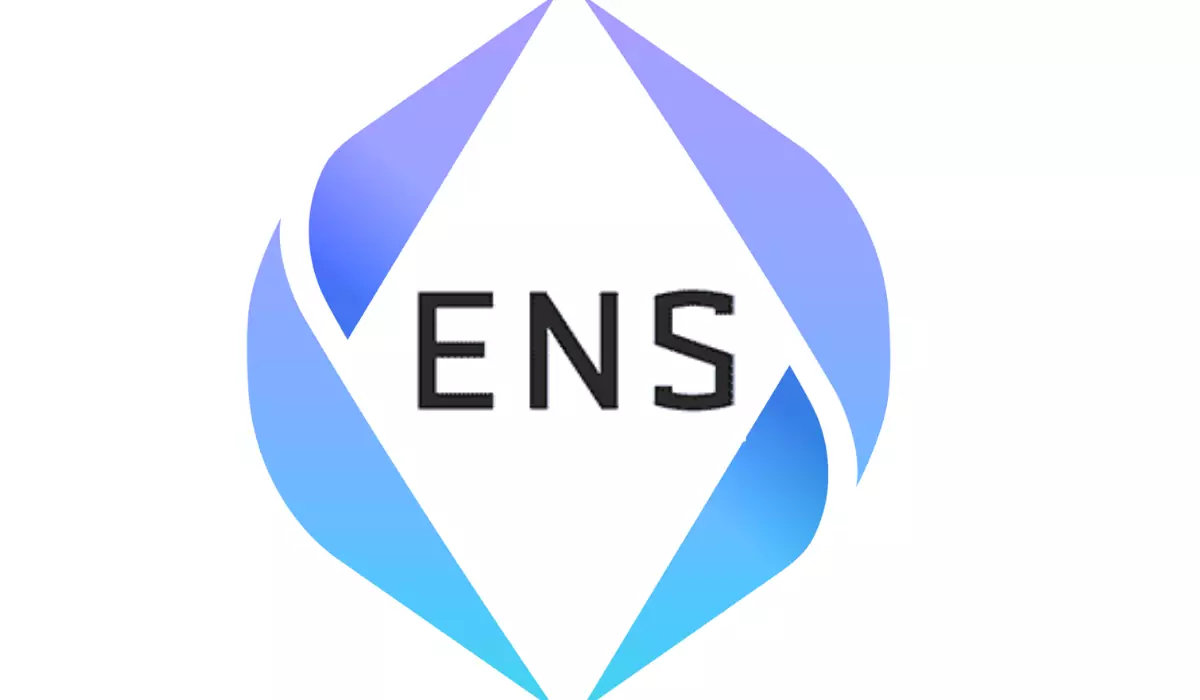
Coinposters
Introduction To Ethereum Name Service (ENS)

In the early days of the Internet, when it was still in its infancy and not widely used, one of the most common issues that users encountered was that domain names and internet protocol (IP) addresses were not properly matched.
In the past, cryptocurrency was mostly in the IP address phase, in which users were required to enter lengthy addresses that were difficult to remember in order to access the sites they desired. The Ethereum Name Service was designed specifically with this use case in mind. Its goal is to make using cryptocurrency as simple as using the internet.
Users are able to locate webpages using names rather than numbers with the assistance of the Ethereum Name Service (ENS). It operates in a manner that is similar to that of the DNS system used on the internet.
It intends to become the naming protocol of the decentralized internet by establishing portable usernames for Web 3.0 that are compatible with all blockchains and decentralized applications (dApps).
So What Exactly is ENS?
According to the documentation for the platform, the Ethereum Name Service (ENS) is a naming system that is decentralized, open to the public, and extendable.
This system is built on the Ethereum blockchain. It is the responsibility of the ENS to convert human-readable names like “Jai.eth” into identifiers that are readable by machines, such as Ethereum addresses, addresses for other cryptocurrencies, content hashes, and metadata.
Alex Van de Sande and Nick Johnson, both of the Ethereum Foundation, were the driving forces behind the early stages of the development of the ENS in 2017. In 2018, however, it broke out to become a distinct company that is now directed by Nick Johnson.
In November 2021, the project’s developers handed out ENS tokens to the service’s end users and established a decentralized autonomous organization, or DAO, to oversee the operation of the tokens.
ENS token-holders are able to utilize their assets in the same manner as corporate shareholders. They have the capacity to make choices regarding pricing and protocol updates, as well as manage money inside the Treasury. The DAO is connected to the legal entity known as True Names Limited.
The ENS just passed the milestone of 2.5 million registrants.
How ENS Works
ENS is composed of two smart contracts written on Ethereum. The ENS registry is the first smart contract, and it is responsible for recording all of the domains that have been registered on ENS and storing three essential pieces of information regarding each domain. These three pieces of information are the owner of the domain and the resolver for the domain. And also the caching time for all records that fall under the domain.
The resolver is the second kind of smart contract, and its purpose is to convert human-readable domain names into machine-readable addresses and vice versa. The second smart contract does the matching between each domain and the user, website, or address that corresponds to it.
Those who are interested in making their own Web3 username may do so by visiting the ENS app and beginning their search for a domain name that is still available. Once you have located one, all that is required of you is to complete the registration procedure. This entails verifying two transactions made from your wallet and paying the annual cost. It is $5 USD per year for names that are longer than five characters.
Once you have acquired ownership of the domain, you will have the ability to connect it to your cryptocurrency wallets and websites. You can also build several subdomains, such as email.Jai.eth and website.Jai.eth. They will all be linked under the same ENS domain.
Why ENS?
Because it was designed specifically for Ethereum smart contracts and was built from the ground up as part of the Ethereum ecosystem, the Ethereum Name Service (ENS) does not have the same vulnerabilities that plague DNS.
A centralized server is used to keep the DNS records of all of the domains and names. This indicates that they are susceptible to being hacked. The Ethereum blockchain provides a level of safety that prevents ENS records from ever being deleted.
In addition, the ENS makes names and addresses more open and simpler to interact with, so both of these benefits are improved. Participating in an auction is required to construct or register a domain ending in “.eth,” however anybody may do it.
The person who makes the highest offer will be awarded the domain name. It will also provide them the ability to construct subdomains and lease domains.
Closing Thoughts
The Ethereum Name Service (ENS) was developed specifically for use in Ethereum smart contracts. It is also an integral part of the Ethereum ecosystem. This indicates that it automatically inherits its security and transparency, in contrast to the DNS records. They are stored on central servers and continue to be susceptible to hacking attempts.
Struggling to work with large sequences of random numbers and characters is often the cause of errors. And in the area of cryptography, mistakes are fairly frequently quite costly. As a result, it is important to avoid making mistakes wherever possible.
In the same way DNS improves the overall user experience for Internet users, normalizing addresses and displaying them. It does in a form that is human-readable and user-friendly is a step toward enhancing the overall user experience.
There is no question that the ENS is a groundbreaking idea and a significant creation that has swiftly gained traction. It is also being used by thousands upon thousands of individuals.
Latest
Guides & Tutorials
21 Feb 2026
Guides & Tutorials
13 Feb 2026
Guides & Tutorials
07 Feb 2026
Guides & Tutorials
06 Feb 2026
Guides & Tutorials
05 Feb 2026
Guides & Tutorials
03 Feb 2026












